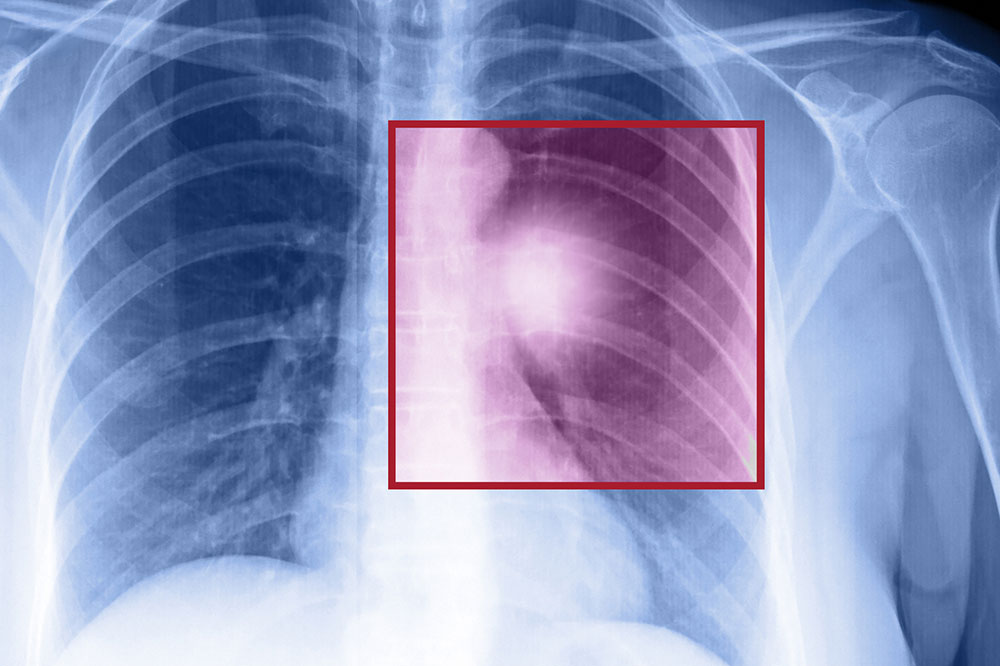Understanding the Causes and Risks of Colon Polyps
This article explores the common causes, risk factors, and prevention methods for colon polyps. It emphasizes the importance of regular screenings, especially for individuals with a family history. Lifestyle modifications and early detection are key to reducing the risk of colon cancer associated with polyps.

Understanding the Causes and Risks of Colon Polyps
A colon polyp is a small growth on the inner lining of the colon, usually benign. Although typically harmless, these polyps can evolve into cancer over time. Polyps are generally classified as neoplastic, which are larger and carry a higher risk of turning cancerous, and non-neoplastic, including hyperplastic, hamartomatous, and inflammatory types. Adenomas and serrated polyps fall under neoplastic categories. Since colon polyps often present no symptoms, regular screening like colonoscopy is crucial, especially if there's a family history of polyps.
Early detection allows for effective removal of polyps, reducing cancer risk. The main causes include genetic mutations leading to uncontrolled cell growth in the colon, inflammatory conditions such as Crohn's disease or ulcerative colitis, and hereditary syndromes like Lynch syndrome, FAP, Gardner's syndrome, MYH-associated polyposis (MAP), Peutz-Jeghers syndrome, and serrated polyposis. Lifestyle factors such as smoking, excessive alcohol intake, poor diet, and lack of exercise also contribute. Maintaining a healthy lifestyle—balanced diet rich in fruits, vegetables, whole grains, moderate alcohol, and avoiding tobacco—can lower the risk. Discussing genetic counseling with a healthcare provider is advisable if there's a family history of polyps.










